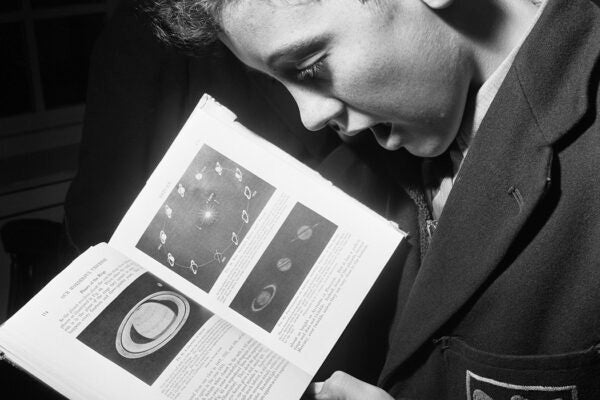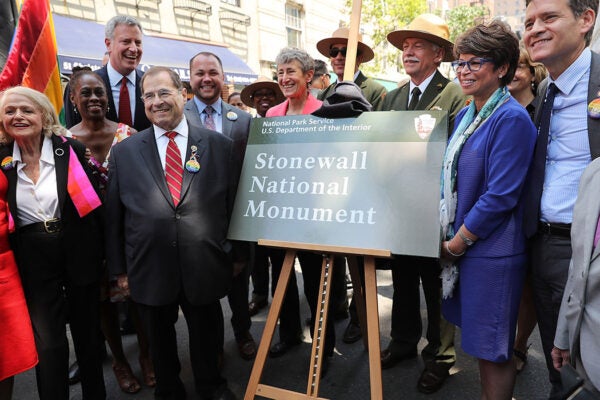Hasty pudding was originally a porridge of wheat flour or oatmeal. But when early British colonialists bought the simple recipes for this gruel over to the New World, they found wheat was scare and oats scarcer still. Instead, a native grain, corn (maize), turned American versions of hasty pudding into something distinctively local. In New England, hasty pudding was also called Indian pudding, a baked version still eaten as a comfy winter food. American corn was thought to be food for animals by the English and other Europeans. So how did this corn mush become a beloved symbol of the American spirit?
The pudding’s consistency is nodded to in the song “Yankee Doodle”: “and here we saw the men and boys/ as thick as hasty puddin’.” But the stuff probably reached its cultural peak in Joel Barlow’s mock epic “The Hasty Pudding,” a 1793 celebration of cornmeal mush and a literary declaration of independence. Barlow began his poem by addressing “my morning incense, and my evening meal—/ The Sweets of Hasty Pudding. Come, dear bowl,/ Glide o’er my palate, and inspire my soul.”
As Rafia Zafar details, Barlow’s rollicking invocation of the Muse has a serious point. “By lauding a seemingly unremarkable bowl of mush, Barlow affirms a culinary and democratic utopia almost independent of European origins.” According to Barlow, libertine Paris offered wine for breakfast, while London “is lost in smoke and steep’d in tea.” But, as his poem suggests, what self-respecting, plain-eating Yankee Doodle could put up with those effete cuisines?
The poem recalls Robert Burns’s earlier “Ode to a Haggis” (1786), another nationalist effort to foster group identity. Burns’s haggis (a savory pudding containing sheep’s innards) is the “Great Chieftan o’ the pudding-race,” the simple but noble food of an unpretentious people, not like some fancy French fricassee.
Get Our Weekly Digest
The implication is that hearty food, even if it’s disparaged by others for being too simple, is what it takes to beat back the invader, and/or make a new nation. Barlow is less bellicose than Burns, but then America was already free from the English yoke. Vigor and virility—haggis-fed or cornmeal mush-filled—is the key to both patriotic poets.







